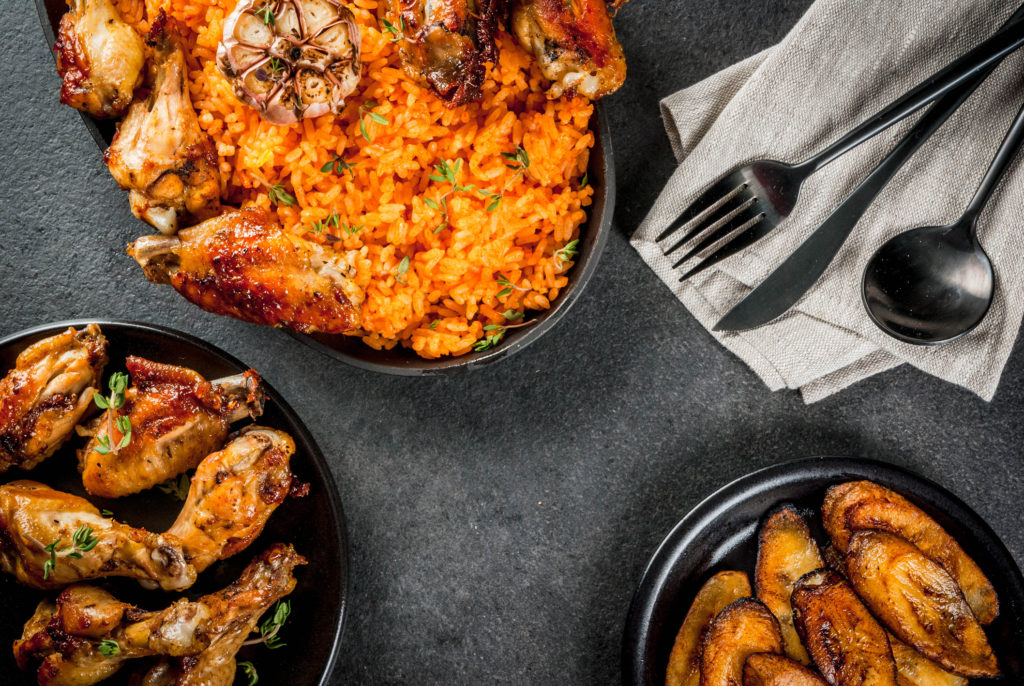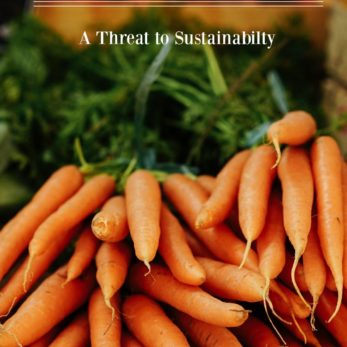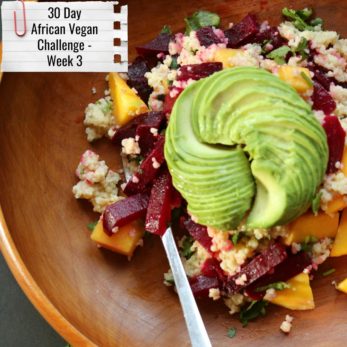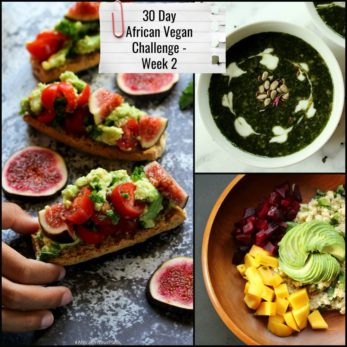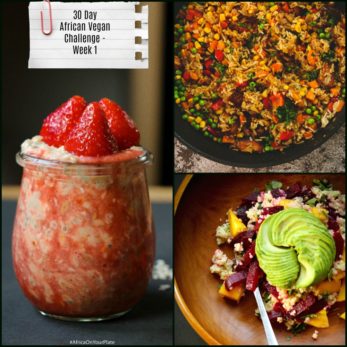Afro-Fusion Cooking: Fusion or Con-Fusion? Exploring the art of combining the traditional African cuisine with elements from other cultures to create Afro-fusion cuisine + 5 Afro-fusion recipes to try
.
I made a chocolate avocado pudding….tinged with berbere spice. It wasn’t the typical chocolate avocado mousse. But it was just as good or even better (if I may say so myself) than the traditional recipe. The berbere spice had, apart from imparting a complementary fiery flavour, taken this recipe from the realms of traditional to Afro-Fusion. While the prolific use of the term Afro-fusion cooking may be a recent development, the concept of Afro-fusion cooking is nothing new. In fact, it has been around for centuries.
What is Afro-Fusion Cooking
According to wiki, Fusion cooking is a general term for the combination of various elements of different culinary traditions. Natasha Geiling at Smithsonian.com, defines fusion cuisine as the blending of culinary worlds to create new, hybrid dishes. However, my preferred definition of Afro-Fusion cooking is the combination of elements of the traditional African cuisine with ingredients and techniques from other cultures and cuisines to create a twist on what might have originally been a classic meal.
The Origins of Afro-fusion Cooking
It is difficult to say exactly what the origins of Afro-fusion cooking are. The food historian and author of Cuisine and Empire: Cooking in World History, Rachel Laudan talks about how almost all foods are fusion dishes, as fusion foods have been with us for centuries. She argues that throughout history, the meeting of cultures has provided an opportunity for people to combine ingredients and cooking styles to create new flavours. An opportunity for fusion cooking to thrive.
The origins of Afro-fusion cooking, on an epic scale, can be traced back to the transatlantic slave trade. The forced migration of African people as part of the slave trade led to the transportation of the traditional African cuisine to the New World, where the traditional African cooking was adapted the local cuisines of places like Brazil, Cuba, Dominican Republic and so on. More recently, the concept of Afro-fusion cooking is being propagated by the Africans living in Diaspora globally. The World Bank estimates that there are 168 million Africans living in diaspora.
My romance with Afro-Fusion cooking started when I arrived in the United Kingdom as a student. Many miles away from home, my cravings for dishes that were reminiscent of home intensified with each passing day and I was faced wth a conundrum. I couldn’t cook to save my own life. And even if I were to be suddenly bestowed with the culinary skills of Nigella Lawson, turns out that where I lived, there was a dearth of some of the herbs, spices and ingredients that African cuisine relies upon for its distinctive aromas.
My cravings intensified. It was like a home-calling, and soon enough, I began a process of improvisation. I sourced locally available ingredients as substitutes. I shamelessly reached for shortcuts that cut down on the time and labour, required to make some traditional African recipes. I incorporated the influences of food all around me in my new home – my beautiful multicultural Britain – in my traditional African recipes. And I created my own Afro-Fusion collection of recipes.
.
What is the link between Traditional African Cuisine and Afro-Fusion Cuisine?
The defining characteristics of the traditional African cuisine are the rich spices, and healthy and whole ingredients used. Although today, many regional African cuisines retain some of the characteristics of the traditional African diet (some more than others), traditional African cuisine is not to be confused with modern African cuisine which is characterised by starchy and meat-heavy recipes, or with American Soul food which features fried foods and meats quite distinctly.
In the traditional African cuisine, plant foods are prolific. Grains such as sorghum, maize, or millet are a dietary staple. These grains are mostly gluten-free. And diary contributes an important source of fat-soluble vitamins and nutrients. Afro-fusion cuisine is based on the principles of the traditional African cuisine. The focus is on simple, and wholesome recipes, originally from the motherland Africa, and adapted, sometimes in kitchens faraway from Africa.
.
Getting Started With Afro-Fusion Cooking
If you are new to African or Afro-Fusion cooking, one tip is to look for recipes that rely on ingredients and cooking techniques that are familiar to you. Once you are feeling more confident in your culinary ability, it’s then time to broaden your horizons and your palate with more exotic ingredients. And create some of your own flavoursome recipes too while you are at it.
.
Crunchy Oven-Roasted Chickpeas
Spicy Kelewele (Fried Plantains)
Millet and Pomegranate Frittata
.
![]()
Afro-fusion Food Lover.
Sustainable Food Advocate.
Completely nuts about Avocado.
